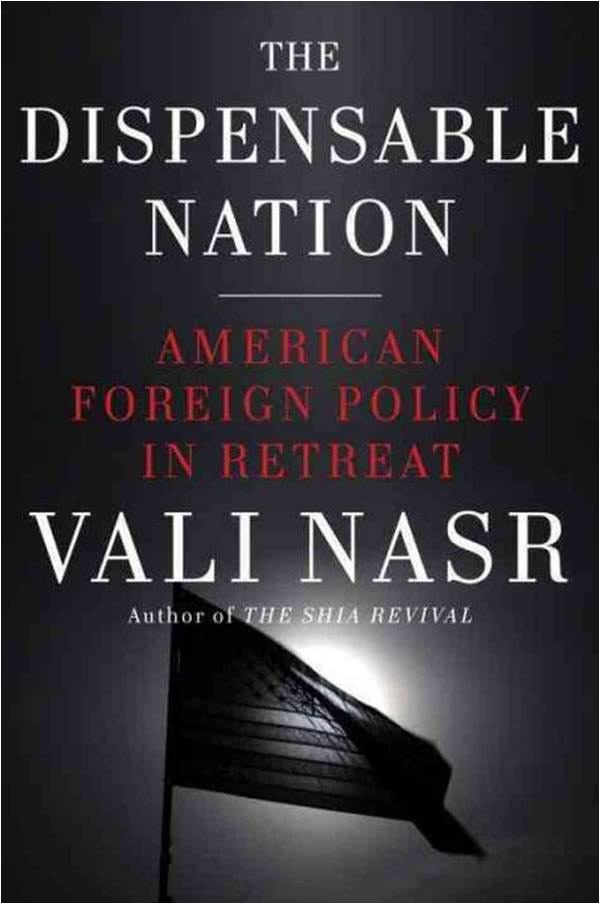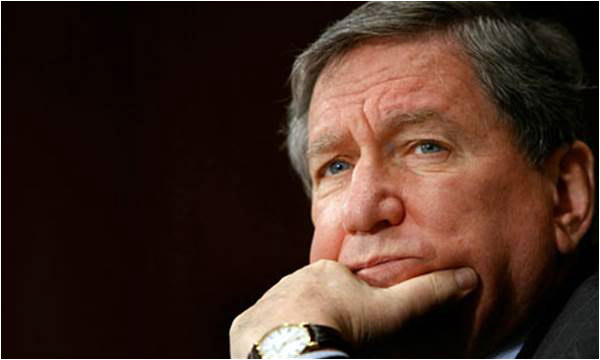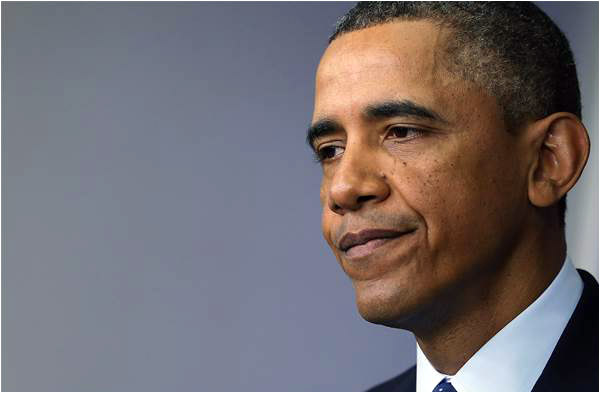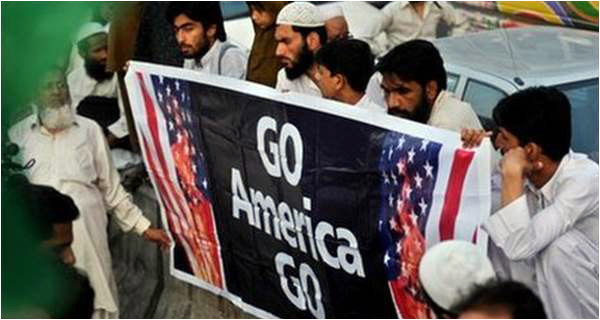

Syed Vali Reza Nasr
Anchor Books
Paperback published in 2014
Syed Vali Reza Nasr, an Iranian American academic based in Washington, has written well-crafted and refreshingly original books about the Middle East and the Islamic world during the last decade. His best-seller The Shia Revival- How conflicts within Islam will shape the Future, published in 2006, argued that the enduring legacy of Washington’s war in Iraq will not be democracy and development in the Middle East but stoking up sectarian tension in the region. Published in 2009, Forces of Fortune- The rise of the Muslim middle class and what it means for our world, foresaw the possibility and prospects of uprisings by the Arab middle class in the Middle East — now known as the Arab Spring.
Nasr, currently Dean of John Hopkins University’s School for Advanced International Studies, served from 2009 to 2011 as Senior Adviser to Ambassador Richard Holbrooke, President Obama’s Special Representative for Afghanistan and Pakistan. His latest book The Dispensable Nation- American Foreign Policy in Retreat is a daring and doughty criticism of Obama’s flawed foreign policy during his first term. Based on a ringside view and first-hand experience of events, Nasr is disappointed and disillusioned with how Obama handled foreign policy, marginalized his key diplomatic advisers like Holbrooke and Hillary Clinton, and implemented half-measures. All this led to policy failures in Pakistan, Iran, Afghanistan, Egypt, Iraq, the Middle East and China – each of which Nasr dedicates a chapter to.
The main thesis of the book is that the US, which was described, a decade ago by Bill Clinton’s Secretary of State Madeleine Albright, as the Indispensable Nation has lost its influence and prestige in the world due to ill-conceived, short-sighted and poorly implemented policies. The book also furnishes revealing information about behind the scenes turf wars between the White House and the State Department or the Pentagon/CIA and the State Department. Earlier books by Bob Woodward and Rajiv Chandrasekaran have also documented infighting between the State Department and the White House over Afghanistan and Pakistan.

Nasr paints Obama as a dithering, indecisive and ambivalent leader; an impression that has been confirmed by former defense secretary Robert Gates’ recently published memoirs. Obama came to power promising a fundamental change in American foreign policy but his continuation with his predecessor’s policies has disappointed many. It has been a brutal end to the bright promise of his first election campaign and inauguration speech.
In Afghanistan, Obama went ahead with the surge/counter-insurgency option in 2009 only half-heartedly and changed gears with counter-terrorism policy, with its reliance on drones, hardly a year after the surge. Pentagon and intelligence officials took control of the Af-Pak policy and diplomats like Holbrooke and Nasr were sidelined. Holbrooke was in favour of talking to the Taliban in 2009 when Taliban, according to Nasr, seemed ready to talk. However, Pentagon and White House vetoed Holbrooke’s idea as they wanted to crush the Taliban first, win over defectors, and then initiate talks with Taliban from a position of strength. Once Obama announced the timetable for exit from Afghanistan, Nasr contends, Taliban saw no point in having talks with a force which was bent on leaving.
On Afghanistan, White House staff ignored Holbrooke and Obama did not consult him. Holbrooke, Nasr reveals, was not included in Obama’s video conferences with Karzai and was excluded from the presidential entourage when Obama went to Afghanistan. Nasr is very skeptical about the future of Afghanistan after the exit of US forces: “We are just washing our hands off it, hoping there will be a decent interval of calm — a reasonable distance between our departure and the catastrophe to follow.”

The chapter on Pakistan titled “Who lost Pakistan” is the most interesting section of the book. It narrates the step by step collapse of the US-Pakistan partnership between 2009 and 2011. Holbrooke believed that a military surge into Afghanistan was a flawed move as the key to ending the Afghan imbroglio was not the Taliban’s defeat but a change of “Pakistan’s strategic calculus”. Given Pakistan army’s India-centric policy, Holbrooke believed that Washington needed to think in terms of long term investment in and engagement with Pakistan’s urbanizing middle class as the better option than pouring money into US military coffers to drone or hunt down the Taliban. Nasr shows that Holbrooke’s advice was vetoed, as US defence and intelligence establishment assumed control of decision-making on Pakistan - setting the relationship between the two allies on the road to ruin. Pentagon’s reliance on drones stirred anti-American sentiments in Pakistan and 2011 was the worst year for the US-Pakistan relationship marked by the Raymond Davis case, Osama bin Ladin’s assassination raid, and the Salala incident.
Obama announced engagement with Iran when he came to power in 2008 but he abandoned it very soon without giving diplomacy a chance. Engagement, as Nasr notes, was a cover for a coercive campaign of sabotage, economic pressure and cyber warfare. Obama not only continued the sanctions policy of the Bush era but also added more punitive sanctions during his tenure; Sanctions destabilized Iran but did not achieve the objective of de-nuclearizing it. In 2003, Iran had offered a grand bargain to Washington which included settling of all contentious issues including the nuclear deal but George W Bush, flush with his triumph in Iraq, ignored the Iranian offer, which had the blessings of their Supreme Leader.

Nasr has always advocated diplomacy with Iran instead of making sanctions as the end in itself. After the publication of Nasr’s book, Washington and Tehran have signed an interim deal over the nuclear issue in Geneva. American analysts have pointed towards the recent deal as the success of the sanctions policy but the reality is quite different; In 2003, Iran had around less than 200 centrifuges which grew, despite crippling sanctions in the last 5 years, to 19,000 in 2013 when the deal was reached. From the Iranian perspective, it was pushing the nuclear file and enhancing its capabilities in the face of strict sanctions, which brought Washington, unlike the situation in 2003, to the negotiations table.
Nasr cites Washington’s handling of Egypt as a classic example of disengagement from the Middle East. The chapter on China is very insightful as he forcefully makes the case that it is ironic that US is retreating from the Middle East and pivoting towards East Asia, seen as a containment strategy by the Chinese, at a time when Beijing itself is moving closer to the Middle East and Africa by forging long term economic and commercial links.
Nasr’s book is strong on analysis but weak on solutions and policy prescriptions. His standard suggestion is Marshal Plan for the Middle East or Af-Pak although he admits, given Washington’s precarious fiscal situation and recession in Europe, it is not possible to devise Marshal Plans for trouble spots on the globe.
In Forces of Fortune, Nasr was sanguine about the prospect of change in the Arab world but, following Obama’s mishandling of the Middle East policy, he is now concerned that a second Arab Spring is brewing which, instead of putting faith in democracy and economic development, will be characterized by its anti-American rage due to Washington’s reliance on drones and assassinations.
The Dispensable Nation is an indispensable book for all those interested in Washington’s foreign policy.
Ammar Ali Qureshi tweets @AmmarAliQureshi

